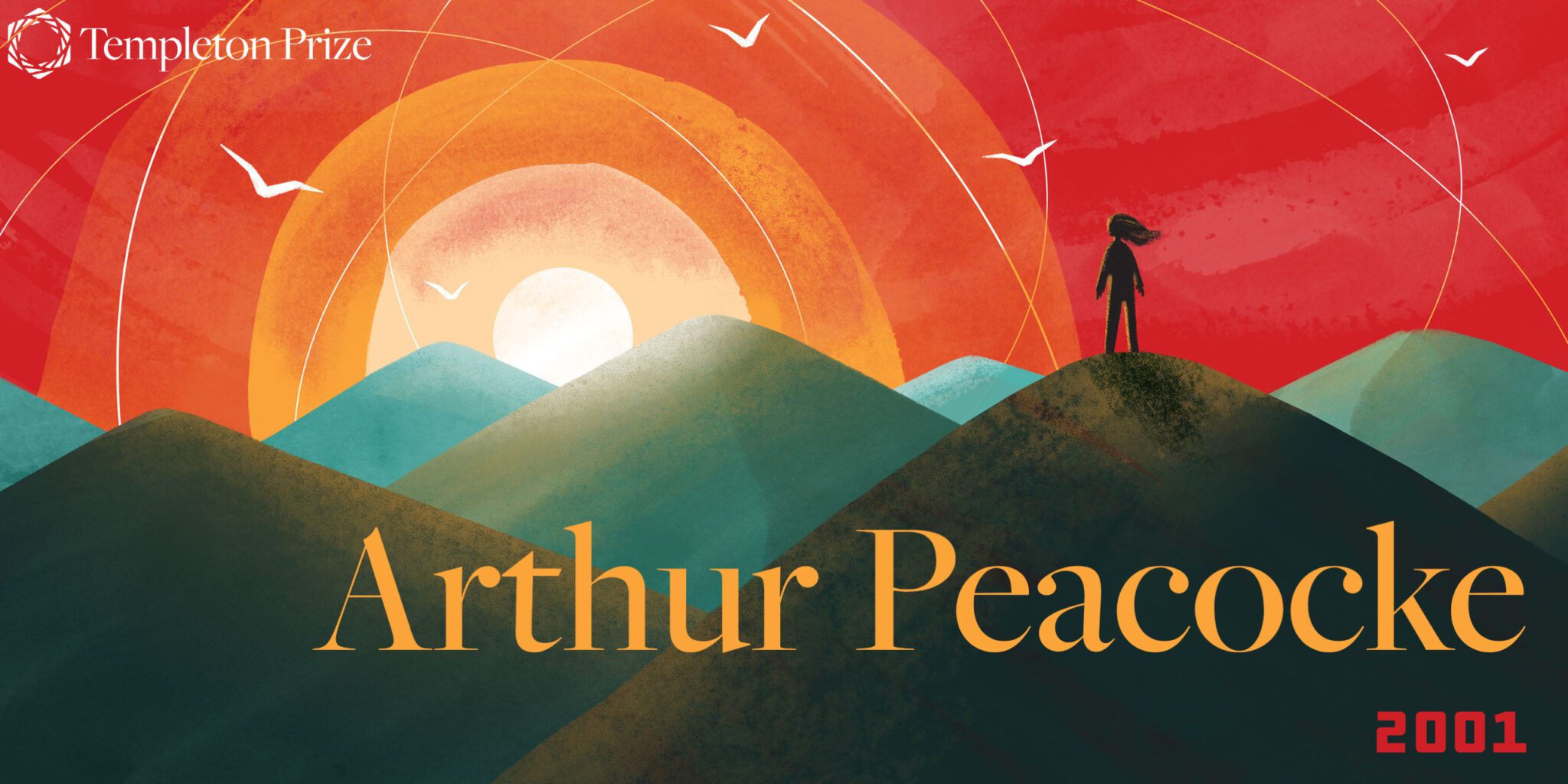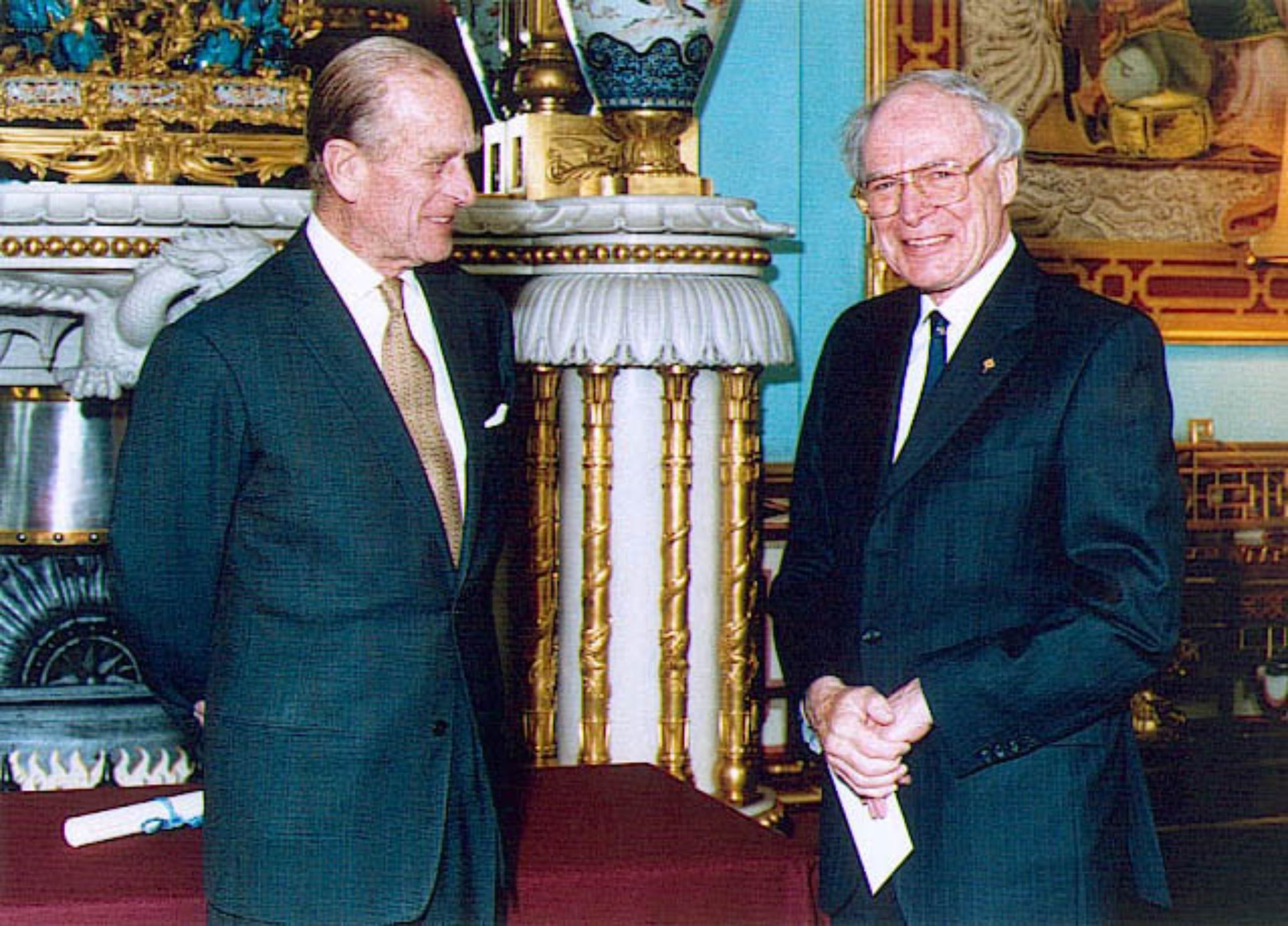In 1973, the first Templeton Prize was given to Mother Teresa. In 2023, we celebrate the 50th anniversary of this award. Over the next 52 weeks, we will highlight each of our laureates and reflect on their impact on the world. From humanitarians and saints to philosophers, theoretical physicists, and one king, the Templeton Prize has honored extraordinary people. Together, they have pushed the boundaries of our understanding of the deepest questions of the universe and humankind’s place and purpose within it, making this (we humbly think) the world’s most interesting prize.
In 1973, the first Templeton Prize was given to Mother Teresa. In 2023, we celebrate the 50th anniversary of this award. Over the next 52 weeks, we will highlight each of our laureates and reflect on their impact on the world. From humanitarians and saints to philosophers, theoretical physicists, and one king, the Templeton Prize has honored extraordinary people. Together, they have pushed the boundaries of our understanding of the deepest questions of the universe and humankind’s place and purpose within it, making this (we humbly think) the world’s most interesting prize.
Arthur Peacocke, a British biochemist, theologian, and philosopher, left an indelible mark on the fields of science and religion through his pioneering work and profound insights. Born on November 29, 1924, Peacocke’s journey was marked by a relentless pursuit of knowledge and a remarkable ability to bridge the gap between seemingly disparate disciplines.
Peacocke’s academic journey began with a strong passion for science. He studied chemistry at the University of Oxford, where he earned his doctorate in 1949. His scientific pursuits led him to a successful career as a biochemist, during which he made significant contributions to our understanding of the molecular processes of life. However, Peacocke’s intellectual curiosity extended far beyond the laboratory. He began to explore questions about existence that were “too broad” for science alone. Peacocke began to study theology. He obtained a bachelor of divinity degree from the University of Birmingham in 1971 and subsequently became ordained as a priest in the Church of England.
Peacocke’s writings and lectures were characterized by their interdisciplinary nature, seamlessly blending scientific rigor with philosophical depth and theological insight. Peacocke authored 126 scientific papers and three scientific books. In addition, he authored nine books, co-edited five multi-author volumes, and wrote 75 papers in theology and other fields. Peacocke established or helped to establish the UK Science and Religion Forum, the European Society for the Study of Science and Theology, and the Society of Ordained Scientists.
-

Arthur Peacocke 2001 Laureate of Templeton Prize accepting award from HRH Prince Philip, Duke of Edinburgh
Arthur Peacocke was awarded the 2001 Templeton Prize in recognition of his exceptional contributions to the dialogue between science and religion, as well as his innovative insights into the theological implications of scientific discoveries. His ability to bridge the gap between these disciplines and offer new perspectives on age-old questions made him a transformative figure in both fields.
HRH Prince Philip, the Duke of Edinburgh, awarded the Prize to Arthur Peacocke in a private ceremony at Buckingham Palace. The following day, a public ceremony was held at Guildhall in London.
Still Curious?
Learn more about 2001 Templeton Prize laureate Arthur Peacocke.

